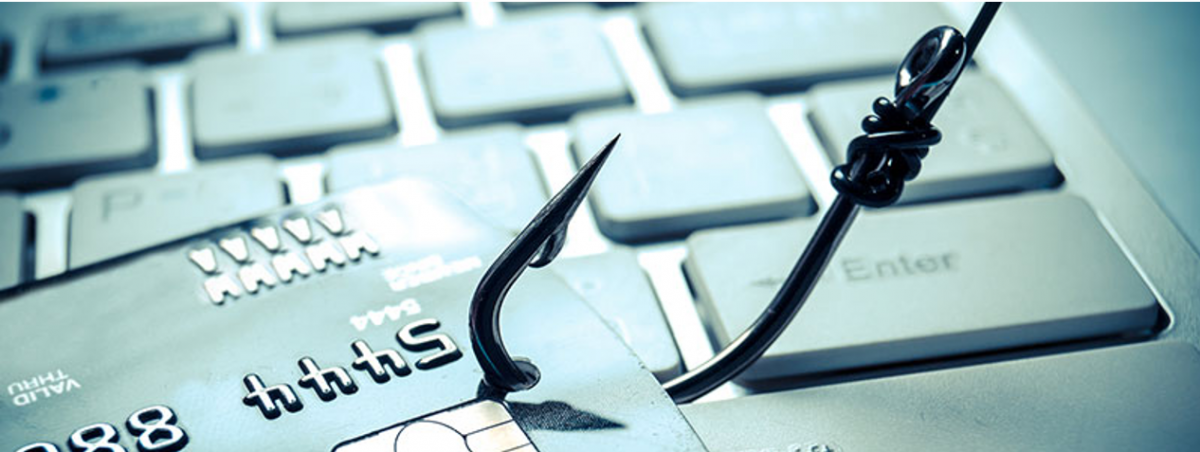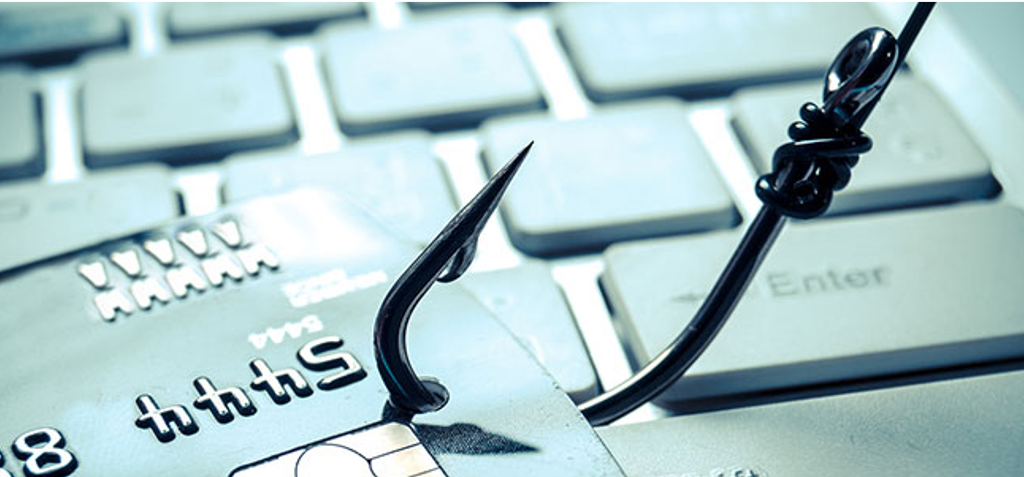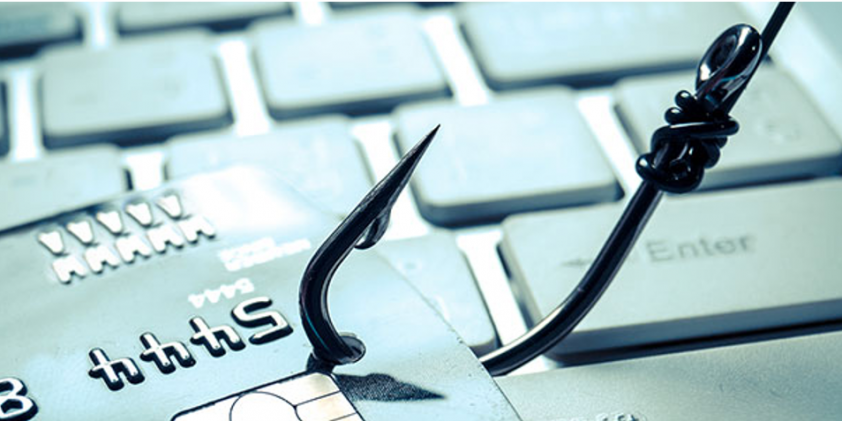Fraudsters take every opportunity to get your personal information, even during the current COVID-19 coronavirus outbreak. In our effort to always look out for our members, we wanted to share some recent email and online scams with you.
There are phishing scams going around from fraudsters pretending to be from the Centers for Disease Control (CDC) and the World Health Organization (WHO). They have also created fake websites targeting Johns Hopkins University’s interactive coronavirus resource dashboard to spread malware. WHO has posted an article about the fraud connected to their organization.
Other COVID-19 related phishing scams include:
- Emails pretending to provide advice on how to protect yourself from the coronavirus. The emails seem to be from experts in Wuhan, China where the virus started.
- Workplace phishing emails are targeting employees saying they come from the HR department regarding new coronavirus policies.
Protecting Yourself from Fraud
Being aware and vigilant will help you avoid becoming a victim of these newest scams. Here are a few other tips to keep you safe:
- Set up transaction alerts with apps like CardNav to monitor for unauthorized transactions.
- Think before you click on emails, attachments and links. Always check the email or website address before clicking.
- Be sure to have the latest antivirus, anti-spyware and firewalls for your home computers and devices.
- Only use well-known websites for your news.
- Type in the website addresses instead of clicking ad links.
If you encounter any fraud issues or need to report your WWFCU credit or debit cards lost or stolen, please call (888) 241-2510. You can also reach a WWFCU Member Service Representative at (734) 721-5700.





